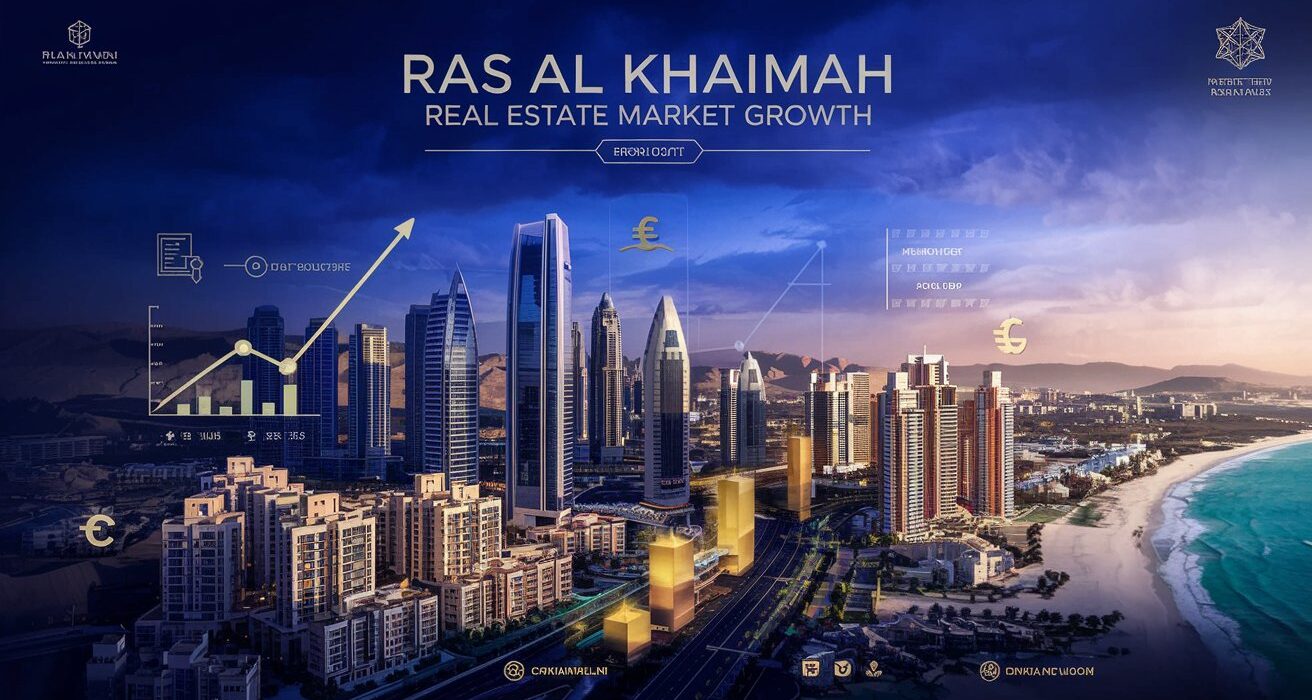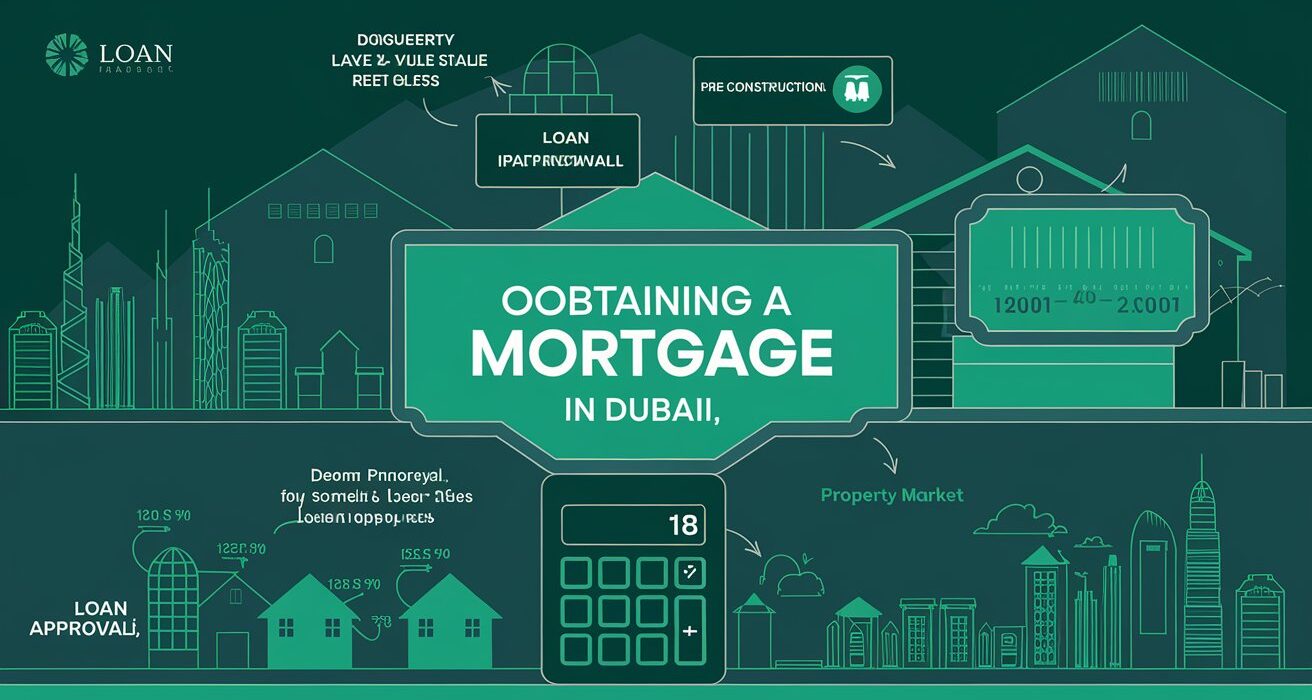Why to Invest in Ras Al Khaimah? | Real Estate, Investment Opportunities & More
Why Invest in Ras Al Khaimah: Discover Lucrative Investment Opportunities
Introduction: Why Ras Al Khaimah is a Prime Investment Destination
Ras Al Khaimah (RAK) is one of the seven emirates of the United Arab Emirates (UAE), gaining increasing attention from investors worldwide. Known for its rich cultural heritage, natural beauty, and rapidly developing infrastructure, Ras Al Khaimah offers a wealth of opportunities for businesses and investors. Whether you’re looking to invest in real estate, start a business, or take advantage of favorable tax policies, RAK has emerged as a key player in the global investment landscape.
This article explores the top reasons why you should invest in Ras Al Khaimah, focusing on its thriving property market, economic growth, investor-friendly policies, and more. If you’re looking to diversify your portfolio, RAK could be the perfect place to do so.
Why is Ras Al Khaimah an Attractive Investment Destination?
1. Thriving Real Estate Market
Ras Al Khaimah’s real estate market has shown considerable growth over the past few years, driven by increasing demand for residential, commercial, and industrial properties. Expats, in particular, have been keen on investing in residential properties, thanks to attractive prices and high-quality developments. The city is home to various freehold properties that foreign investors can own, which is a rare and attractive opportunity in the UAE.
The real estate market offers several options for investors, including villas, apartments, and commercial buildings. With strategic locations such as Al Hamra Village, RAK Marina, and the upcoming development projects, the demand for both residential and commercial properties continues to rise.
2. Business-Friendly Environment
Ras Al Khaimah has become a business hub due to its investor-friendly policies and favorable economic conditions. RAK has established multiple free zones, offering 100% foreign ownership, tax exemptions, and simplified business setup procedures. These free zones, such as the Ras Al Khaimah Economic Zone (RAKEZ), provide entrepreneurs with a flexible environment to start and operate their businesses.
For those looking to start a business or invest in one, Ras Al Khaimah offers various incentives, including zero corporate and income taxes, full repatriation of profits, and competitive pricing for business licenses. Additionally, RAK’s proximity to key global markets like the GCC, India, and Africa further strengthens its position as a leading investment destination.
3. Strategic Location and Infrastructure Development
Ras Al Khaimah is strategically located with excellent connectivity to key markets and trade routes. The emirate boasts world-class infrastructure, including the Ras Al Khaimah International Airport, which is expected to expand its capacity to accommodate more flights and cargo. The port of Saqr is one of the largest bulk ports in the Middle East, which makes Ras Al Khaimah an ideal hub for businesses involved in trade and logistics.
In addition to transportation infrastructure, the UAE government continues to invest heavily in RAK’s development, with new roads, residential communities, and commercial areas coming up rapidly. These advancements in infrastructure ensure that the emirate can accommodate the growing population and provide businesses with the facilities they need to succeed.
4. Attractive Tax Benefits and Regulations
One of the major reasons investors flock to Ras Al Khaimah is its favorable tax policies. The emirate offers 100% tax exemptions on income, corporate profits, and import duties, making it an attractive destination for businesses and real estate investors alike. This low-tax environment allows investors to maximize their returns and reinvest profits into their ventures, whether it’s property development or business expansion.
Ras Al Khaimah’s legal framework is another reason why it stands out as an investment hub. The regulatory framework is investor-friendly, transparent, and designed to facilitate ease of doing business. Whether you’re interested in residential or commercial real estate, the government’s clear and supportive policies make Ras Al Khaimah a top destination for global investors.
5. Sustainable Development and Future Prospects
Ras Al Khaimah is making significant strides in promoting sustainable development, and this focus is attracting both investors and businesses committed to environmental responsibility. The emirate is pushing for green building initiatives, clean energy, and sustainable tourism, making it a future-forward investment destination.
With numerous mega-projects under development, including tourism destinations, retail spaces, and luxury resorts, RAK’s economy is projected to grow significantly in the coming years. For long-term investors, this promises substantial returns, as these developments increase both property values and rental yields.
High Rental Yields and ROI
6. Rental Yields in Ras Al Khaimah
Ras Al Khaimah’s real estate market offers investors the potential for high rental yields. Due to the relatively low cost of properties compared to Dubai or Abu Dhabi, RAK is an attractive destination for ex-pats and professionals seeking affordable housing options. The rising demand for residential and commercial spaces in key locations such as the Al Hamra area and RAK’s free zones contributes to high rental returns for property owners.
Moreover, the emirate’s diverse economy, which includes tourism, manufacturing, and trade, ensures a steady demand for rental properties. This makes RAK an ideal destination for investors looking for a stable source of income through rental properties.
7. Capital Appreciation in Ras Al Khaimah
For those who want to take advantage of rising property values, Ras Al Khaimah offers strong potential for capital appreciation. The steady growth of the property market, driven by infrastructure improvements, business expansion, and population growth, indicates that property values will continue to increase. Investors who purchase properties now can expect high returns on their investments as the emirate continues to develop and attract more residents.
Why Should Expats Consider Investing in Ras Al Khaimah?
8. Expat-Friendly Policies
Ras Al Khaimah is a popular destination for expats, thanks to its diverse population and welcoming environment. The UAE’s foreign ownership laws allow expats to purchase property in RAK, and the emirate’s growing expatriate community creates a demand for housing and services.
Investing in Ras Al Khaimah can also open doors to long-term residency options for expats, especially for those who plan to live and work in the UAE. Whether you’re investing in real estate, starting a business, or looking to benefit from capital appreciation, Ras Al Khaimah is a growing hub for expats looking for opportunities in a dynamic and supportive environment.
9. Government Support for Investors
Ras Al Khaimah’s government actively supports investors, offering assistance with paperwork, licensing, and other procedures. The government’s dedication to economic growth and job creation has contributed to the emirate’s robust business environment, and the regulatory framework is designed to support investors every step of the way.
In addition to these incentives, RAK offers financial support in the form of financing options and favorable loan conditions for both residential and commercial property buyers. This ensures that investors can easily enter the property market with minimal risk.
Conclusion: The Future of Investment in Ras Al Khaimah
In conclusion, Ras Al Khaimah offers a wealth of investment opportunities, from high rental yields to capital appreciation and favorable tax policies. Its growing real estate market, business-friendly environment, and sustainable development make it an attractive choice for both new and seasoned investors.
Whether you’re interested in residential real estate, business ventures, or industrial properties, Ras Al Khaimah offers a diverse range of options. The combination of infrastructure development, strategic location, and government support creates a perfect environment for long-term investment success.
FAQs
Q1: What makes Ras Al Khaimah an attractive investment destination for real estate?
Ras Al Khaimah’s low property prices, high rental yields, and potential for capital appreciation make it a lucrative destination for real estate investment. The government’s favorable tax policies, infrastructure development, and growing expat population also contribute to its appeal.
Q2: Can expats buy property in Ras Al Khaimah?
Yes, expats can buy property in Ras Al Khaimah. The emirate offers freehold properties that foreign nationals can purchase, particularly in designated free zones and areas set aside for foreign ownership.


